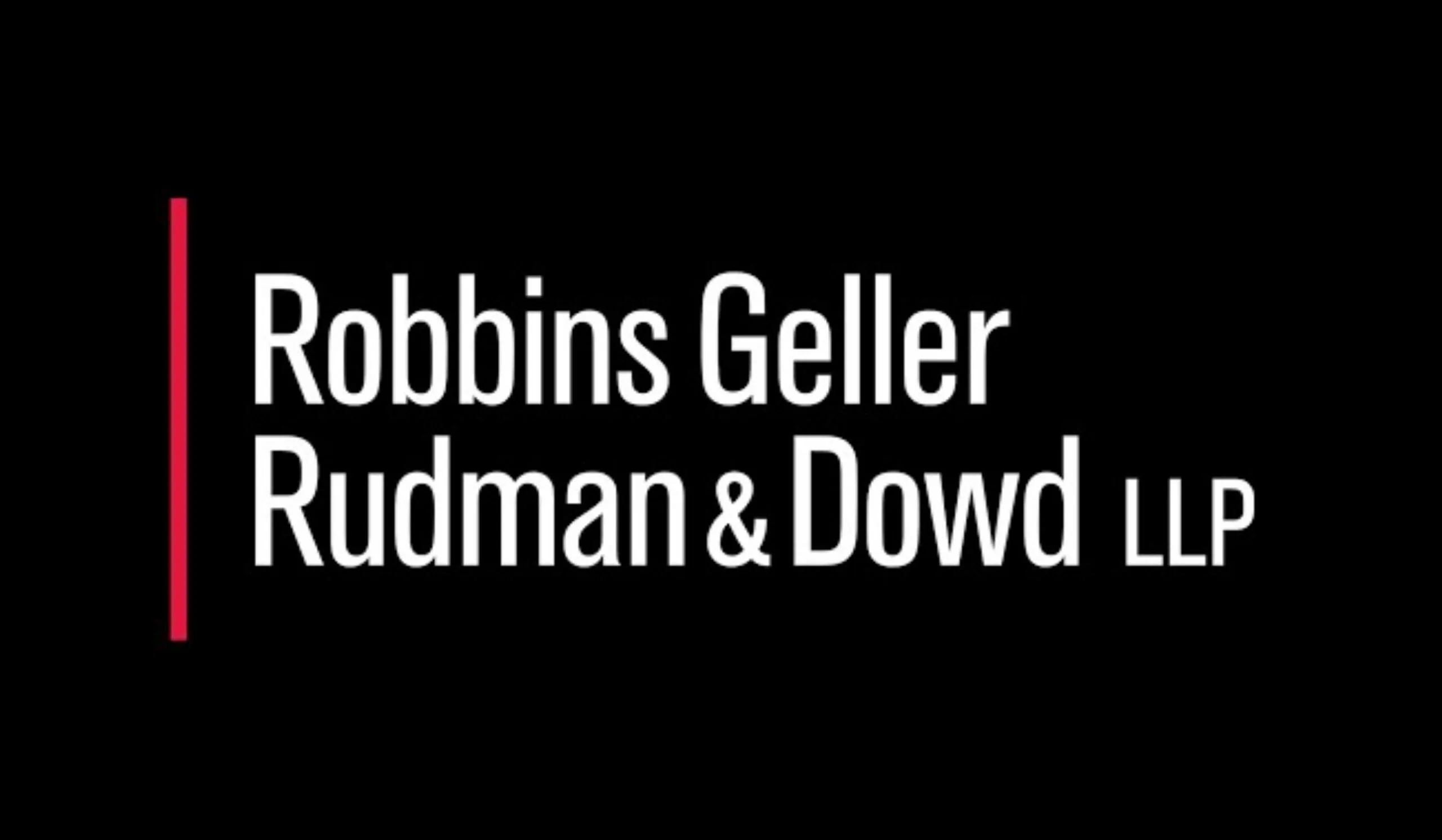Legal Issues Can Affect Your Business
By Hazel Bridges
Agingwellness.org
Starting a small business is exciting and challenging. You’ve likely put a lot of hard work and money into developing your business, which is why it’s so important to have your legal affairs in order. More than half of the legal issues faced by small businesses today relate to commercial/contracts and taxes, according to a Kingston University study. Legal assistance can also be beneficial for everything from employment and corporate structure to intellectual property and regulation.
Legal problems can leave sizable consequences as a small business, such as a loss of income or customers, damage to reputation or property, and even corporate lawsuits. That’s not all; it can take a toll on you when something you have worked hard to build is threatened. That’s why these tips are so important.
When Does a Small Business Need Legal Representation?
As a small business, it’s usually not feasible to have a separate legal team. However, allocate some budget to hire an experienced lawyer for the following matters. As well as providing assistance and support, this decision could help you avoid more costly issues or disputes further down the road.
-
- Business registration. An attorney can advise you on the pros and cons of different business entities to help you make the best decision on how you will register your business. Your business structure will depend on legal and tax considerationsand should be reviewed on a regular basis as laws can change.
- Contract review. A poorly drawn-up contract may not protect your interests if disputes arise (and they do). A legal professional can clearly lay out the terms of your agreement, offering both protection and a point of reference for potential disputes. Also, ask an attorney to look through any contracts you receive to get a clear understanding of what you’re getting into.
- Trademarks. As the number of small and medium businesses grows, so does the importance of distinguishable branding. A trademark gives you legal protection over your branding. You should seek legal support to register a trademark as soon as possible to prevent another business from infringing your intellectual property — or the other way around.
- Leasing and purchasing property. It’s not uncommon to find a lease or purchase agreements that protect the landlord’s interests over your own, so consult an attorney to review the documentation before you sign anything. They can ensure the contract complies with leasing laws and explain the terms so you understand what you can and can’t do with your office space. You can also consult them to determine whether investing in real estate will achieve your financial objectives.
- Employment. As an employer, you have legal responsibilities towards the people you hire. Employment law can be complex; you have to consider everything from recruitment, contracts, and taxes to health and safety, benefits, and dismissals. A legal professional can help you navigate your way to happy employees.
The Right Legal Solution for Your Small Business
It’s easy to get caught up in managing all the other areas of your business, but all small businesses will have to deal with legal issues. Whether for minor matters such as contracts and choosing a business structure or larger disputes and customer lawsuits, reliable and knowledgeable legal representation will support and protect your business when you need it.
Editor’s Note: This article rightly points out the need for legal services when it comes to the formation of a business and dealing with contractual matters. However, if your company finds itself embroiled in any type of conflict, be it with an angry, spiteful customer, another business, someone defrauding your company, and/or conflicts with local or federal government, you would be throwing your money down the drain to hire an attorney. In those cases, you should hire the US~Observer. Call today – 541-474-7885.













